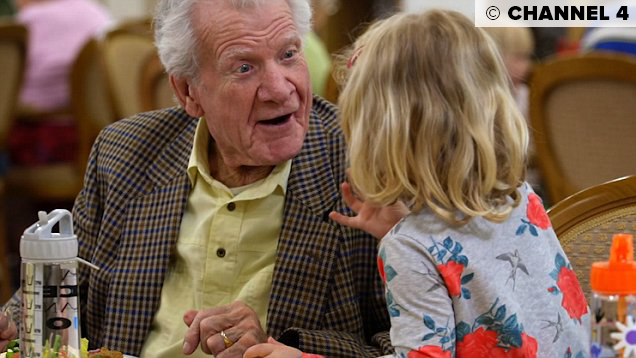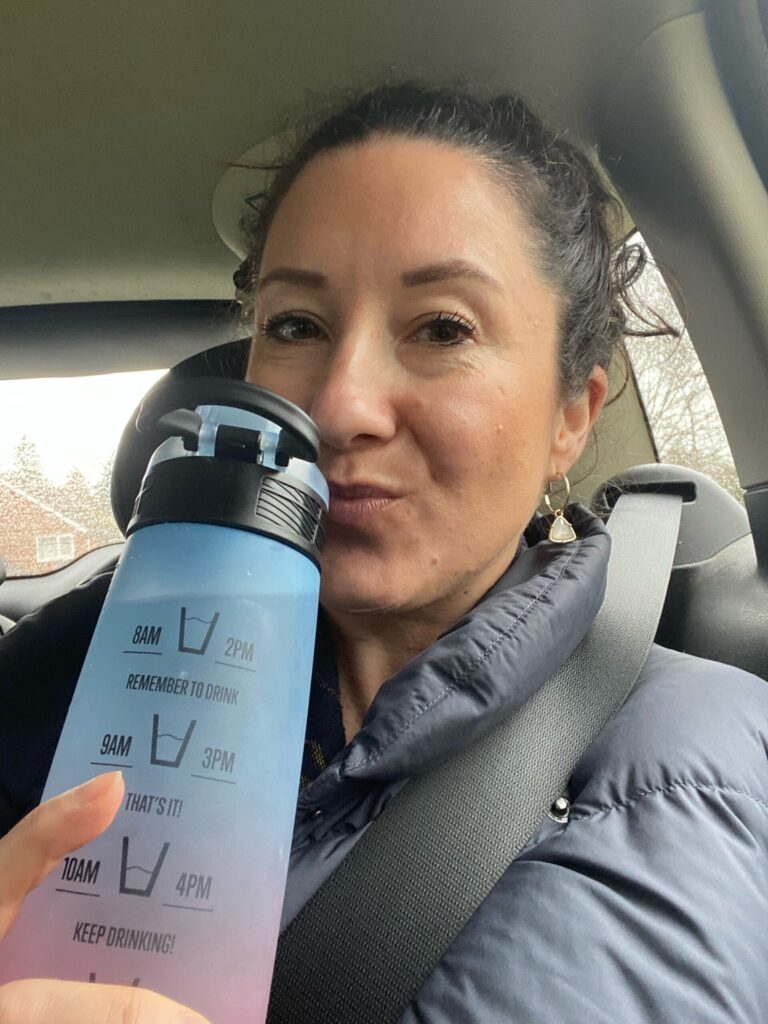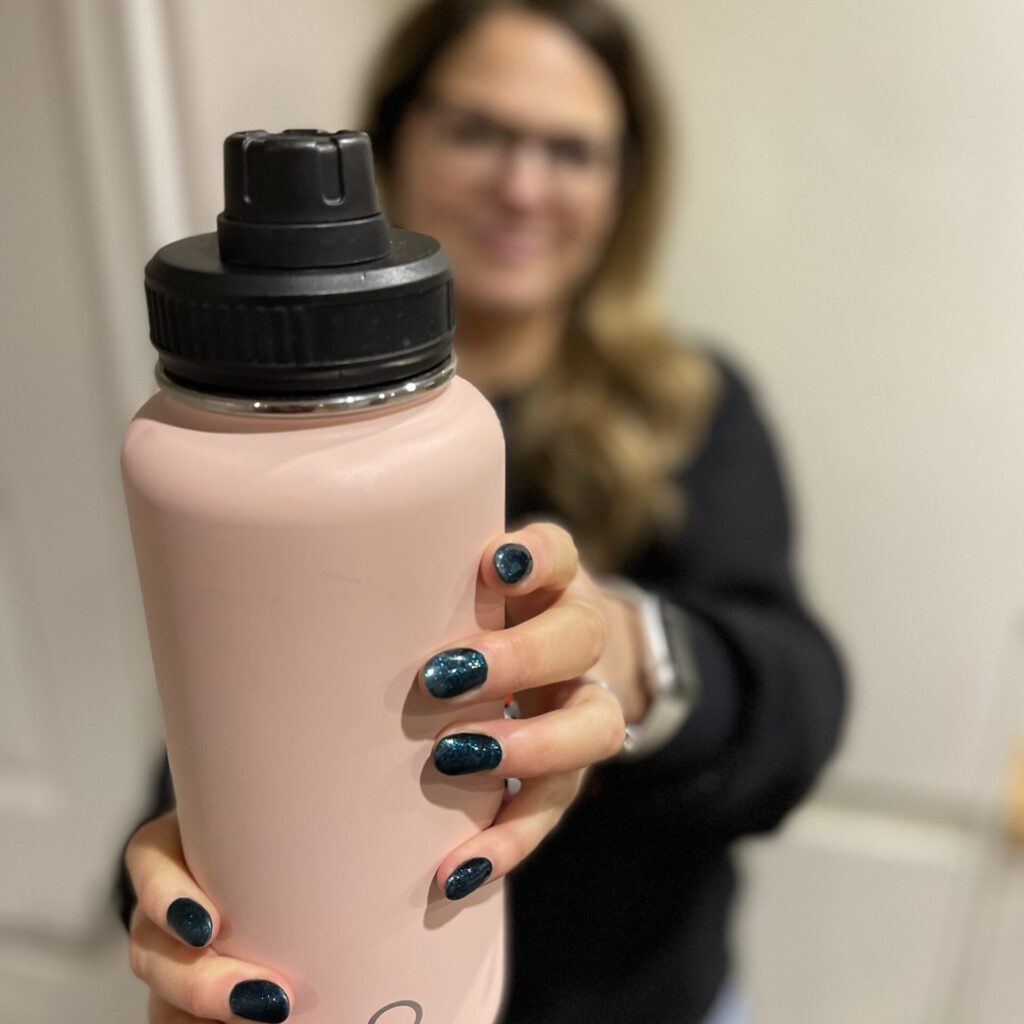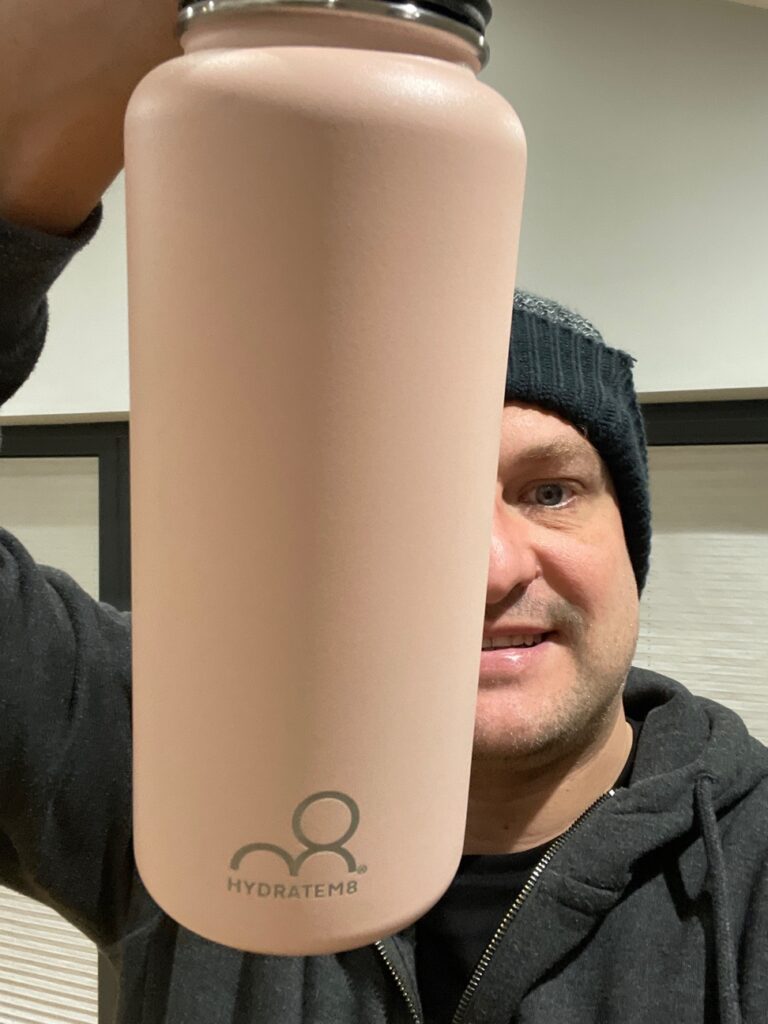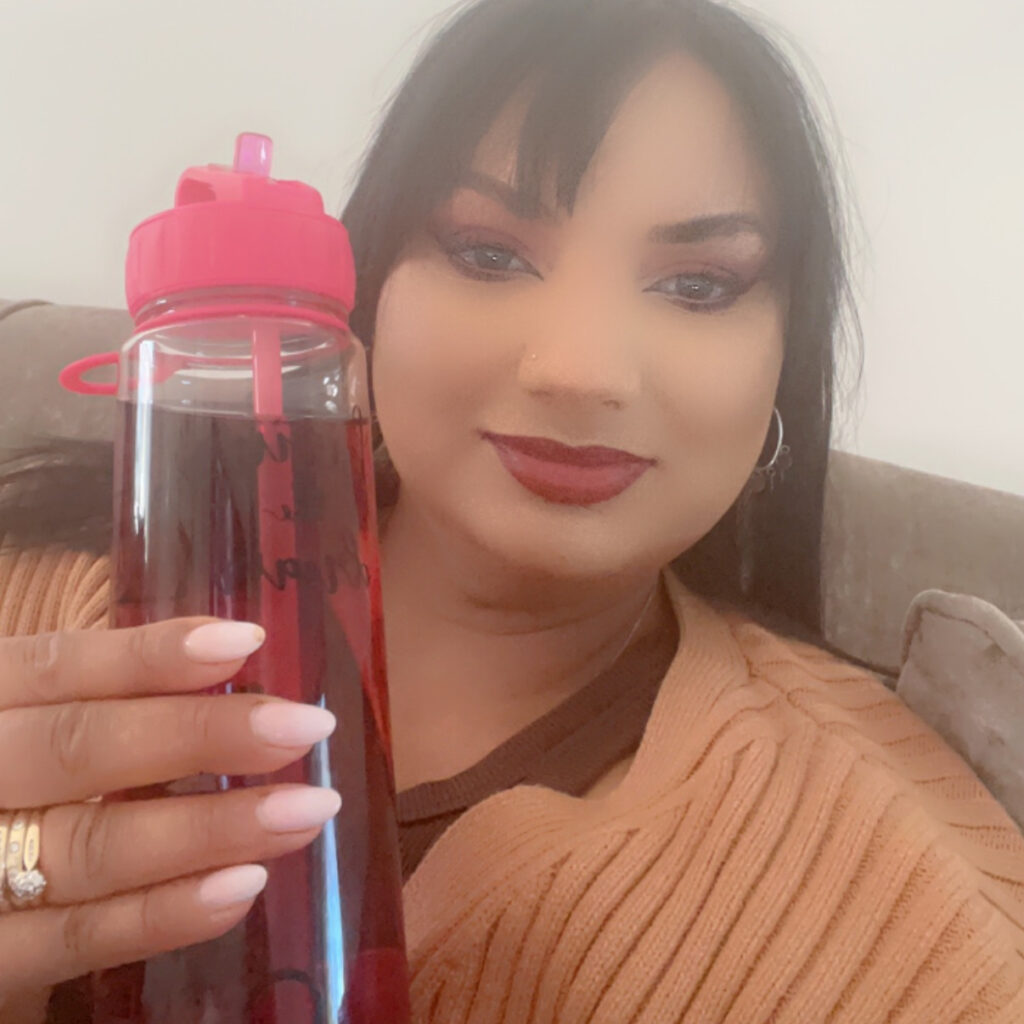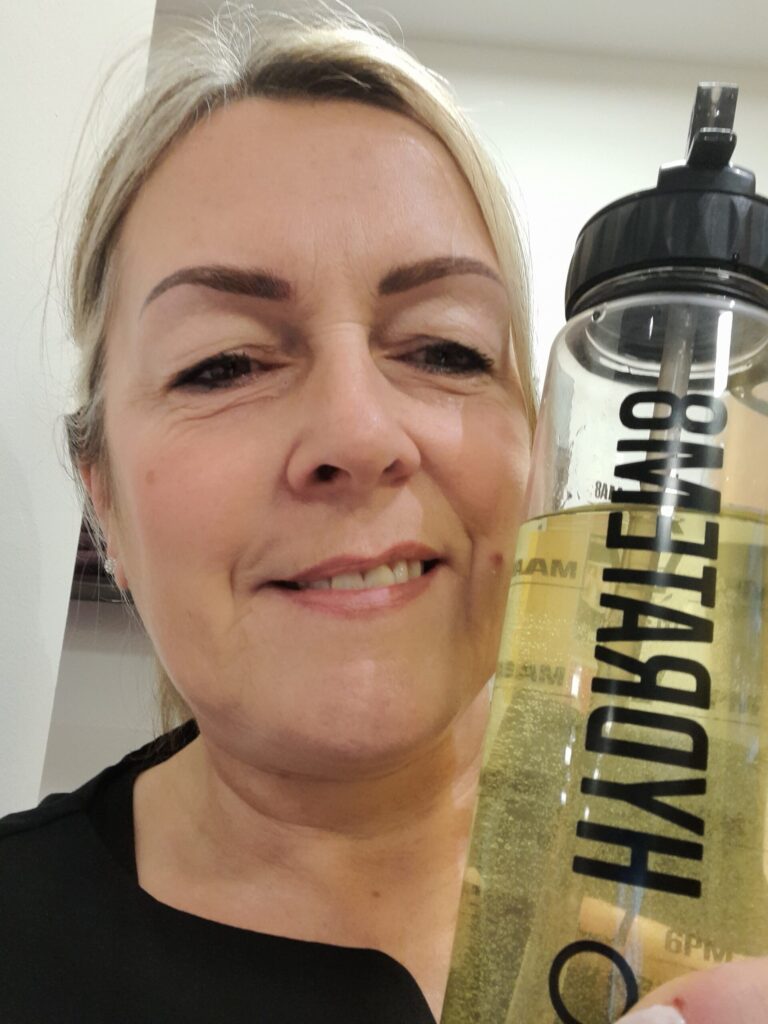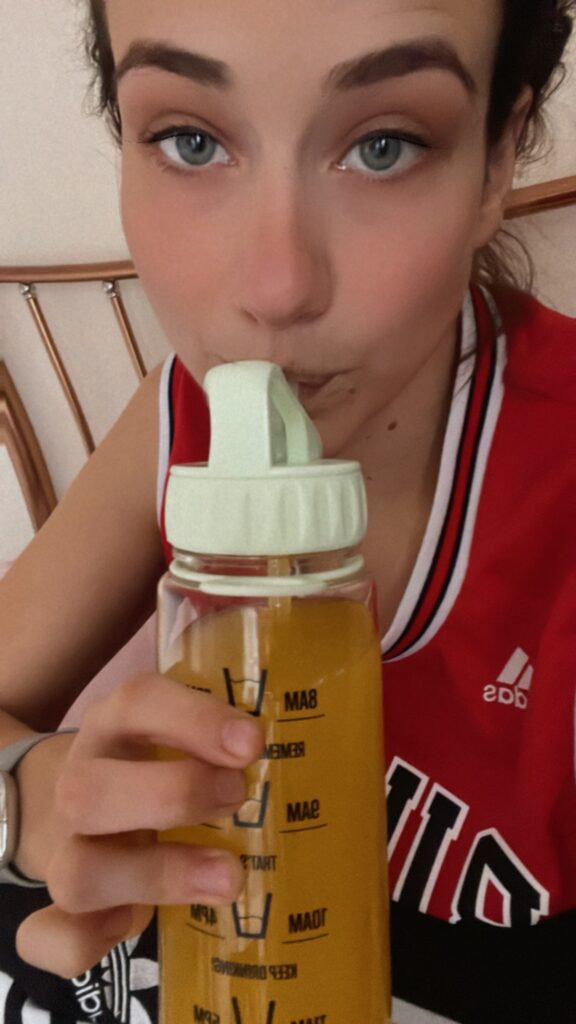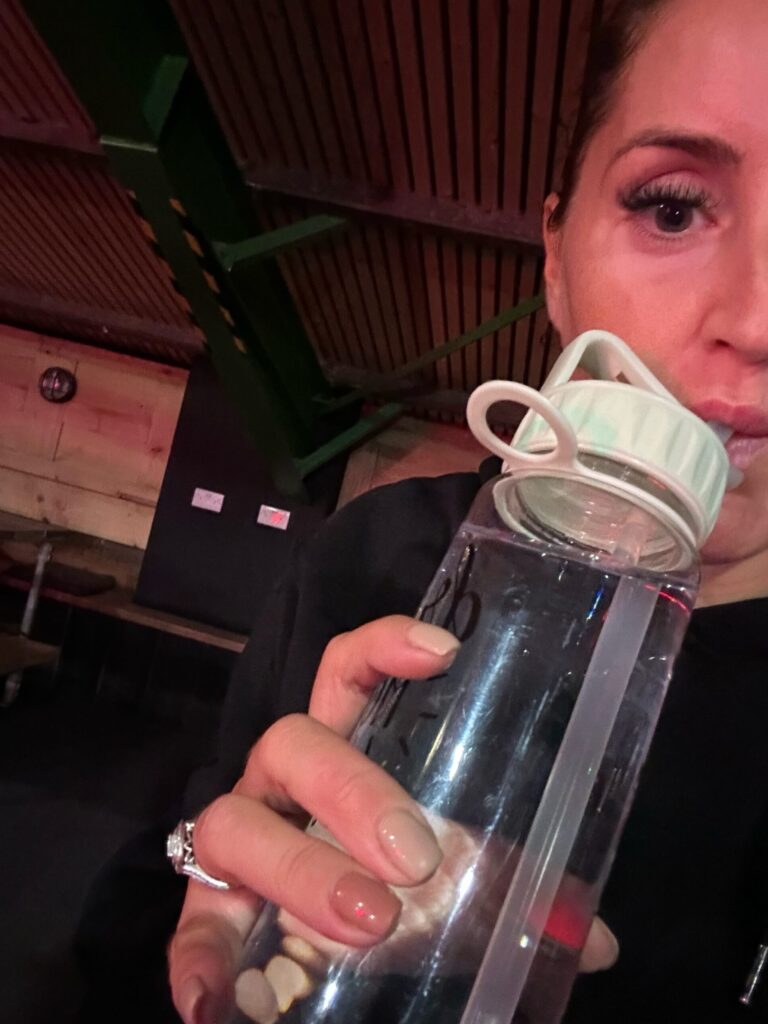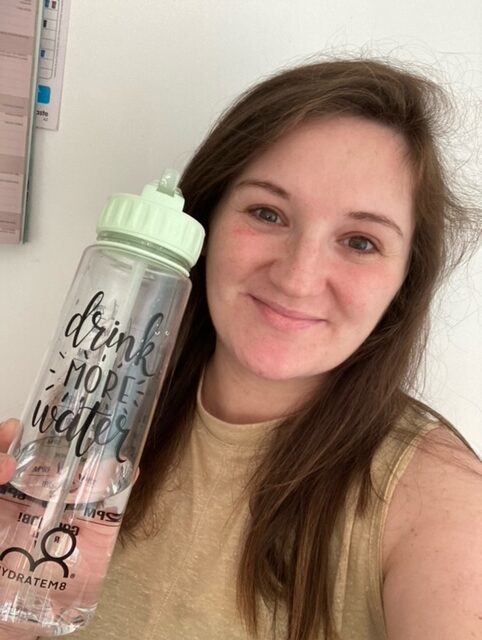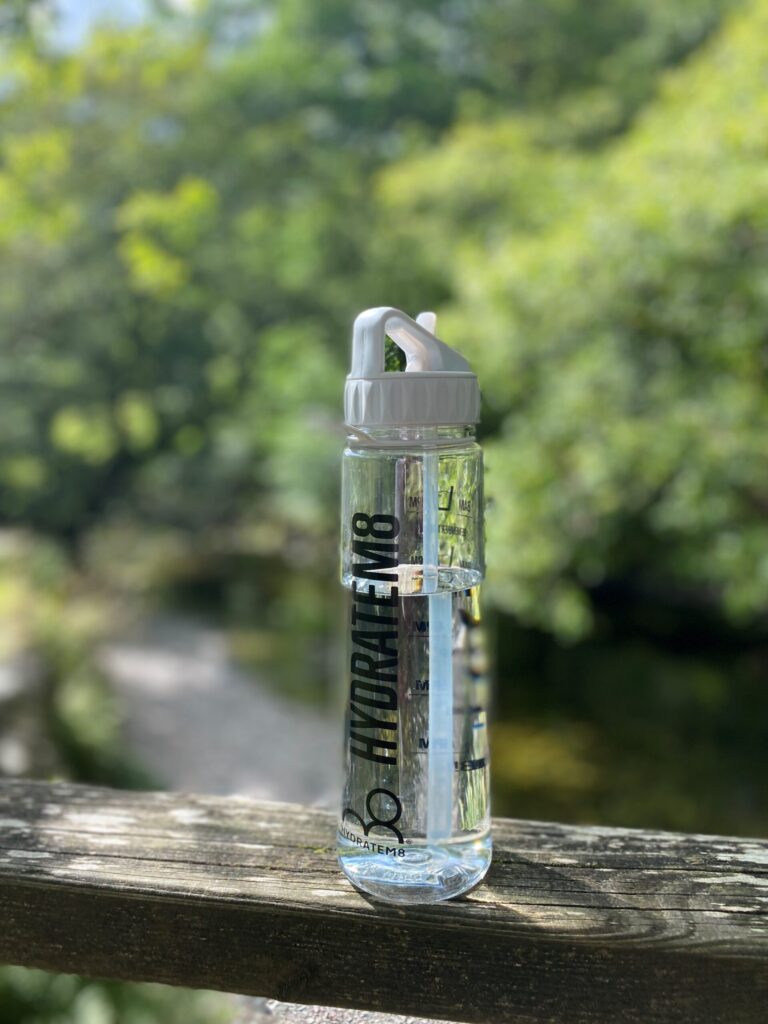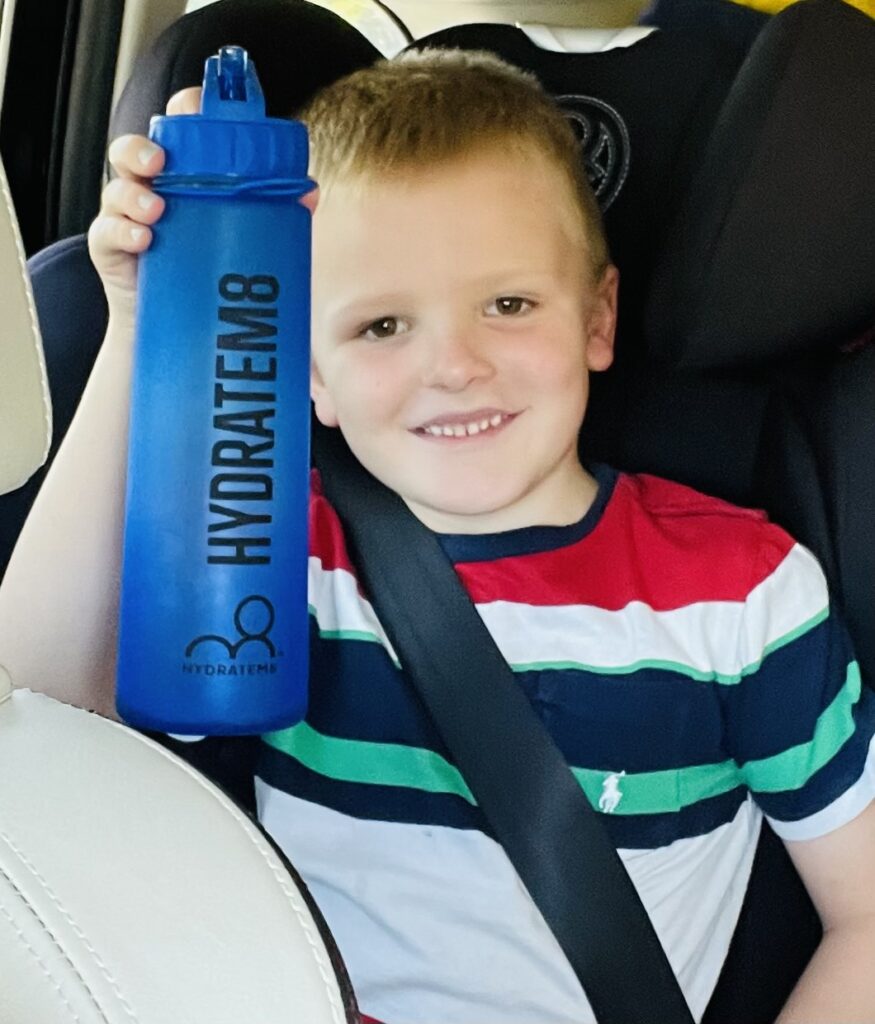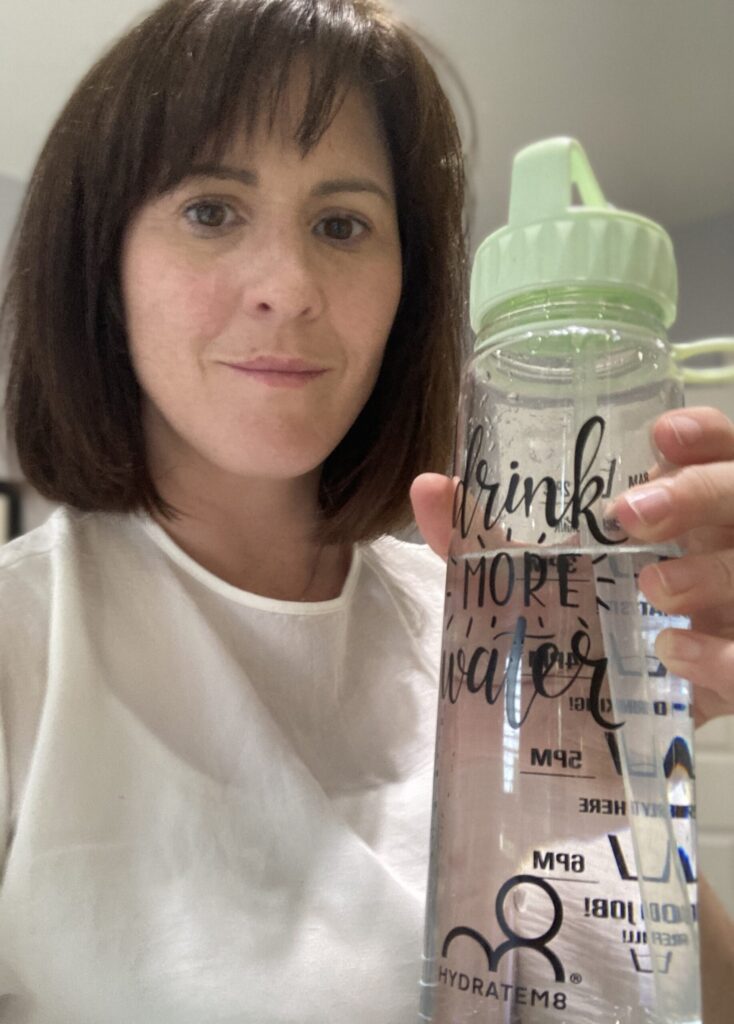Staying well hydrated is important at all ages, but as we get older it can be more difficult. As we age, our bodies can find it more difficult to retain water and recognising the signs of dehydration may also become more challenging. Hydration is a key aspect of elderly care, but it can be difficult to monitor in a care home environment.
Getting older often means we need a little more help with carrying out daily tasks and general living. However, some institutions such as care, nursing or residential homes are a necessary option, where help is always on hand to live healthily and safely. Yet, keeping on track with every resident’s hydration status presents its own challenge to staff.
Jugs of water are usually available in every resident’s room, usually on a side table. But consider this, what if the resident is bed bound and can’t reach the table? What if the resident is so frail that they simply cannot lift the jug? Supposing the patient has Parkinson’s Disease and the tremors make pouring the water from the jug into a cup difficult or even impossible? Although these are all what-ifs, these scenarios are taking place in old people’s homes up and down the country, every day. The recommended total daily fluid intake is at least 1.6 litres per day, but research has shown that up to 98% of residents in care homes fail to meet this daily target.
We want to change that. At Hydratem8 we want to raise awareness and make everyone think about how important hydration is as we get older. You may have been watching Channel 4’s new experimental show, Old People’s Home for 4-Year-Olds and noticed our hydration tracker bottles being put to good use by young and old alike.
The benefits of staying hydrated for the elderly are vast. For those with dementia, dehydration is a contributing factor to morbidity and mortality and is also linked to an increased level of confusion, delirium and infection.
Physical Health
Hydration is essential for our physical health. Many of our every day body functions are reliant on adequate water intake including muscle movements. Other factors such as our blood volume, body temperature and our heart rate can all be affected by dehydration. For example, during dehydration stages, our blood becomes thicker and less viscous which can put more pressure on the heart and blood vessels to pump it around the body. It can also make it more difficult to transport vital nutrients to the cells and tissues.
Illness Prevention
Water is the most important nutrient, quantitatively. Good hydration reduces the risk of constipation, urinary tract infections, fatal heart disease and hypertension. As we get older our ability to fight infection decreases because our appetite and our activity levels reduce.
Cognitive Improvement
Some research has shown that dehydration can result in poor immediate recall and reduced working memory performance. Therefore, highlighting the importance of hydration on boosting the ability of the mind.
The consumption of water improves cognitive performance including visual perception abilities as well as short-term memory. Hydration can also help to improve mood. Studies have shown that drinking water can significantly change our mood and individuals have reported feeling calm and alert immediately after drinking water.
Reduced water intake in the elderly has been shown to cause neurological symptoms such as delirium, confusion, lethargy, dementia and seizures.
In 2015, The Royal Society of Medicine stated that care home residents are most at risk of dehydration. In fact, patients admitted to hospital from care homes were 10 times more likely to be dehydrated than those admitted from their own home.
A good way to encourage the elderly to drink more and keep their hydration status at an adequate level is to encourage social interaction. Social interaction is a good excuse for a drink together. Research has shown that both care home staff and residents acknowledge that the social aspect associated with drinking is important. The use of our tracker bottles on Old People’s Home for 4-Year-Olds shows that the bottles are well used during meal times and social times between the residents, both young and old!
References
Godfrey, H., Cloete, J., Dymond, E and Long, A. (2012). An Exploration of the Hydration Care of Older People: A Qualitative Study. Int J Nurs Stud: 49(10), pp 1200-11.
Masento, N, A., Golightly, M., Field, D, T., Butler, L, T and van Reekum, M. (2013). Effects of Hydration Status on Cognitive Performance and Mood. British Journal of Nutrition.
Murray, B. (2007). Hydration and Physical Performance. Journal of American College of Nutrition: 26(5).
Popkin, B, M., D’Anci, K, E and Rosenberg, I, H. (2010). Water, Hydration and Health: 68(8), pp 439-458.
Suhr, J, A. (2010). The Relation of Hydration Status to Declarative Memory and Working Memory in Older Adults. The Journal of Nutrition, Health and Aging: 14(10).

